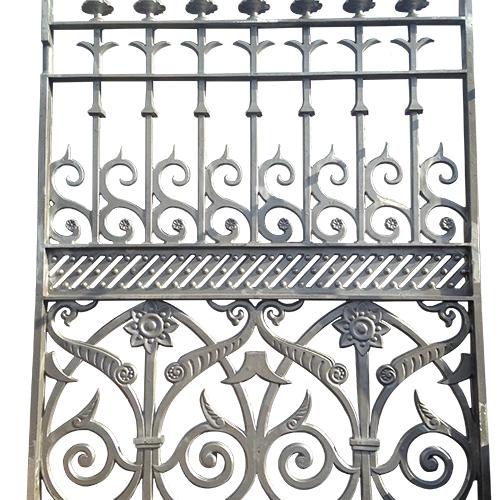Mobile:+86-311-808-126-83
Email:info@ydcastings.com
cnc machining
CNC Machining Revolutionizing the Manufacturing Industry
CNC (Computer Numerical Control) machining has fundamentally transformed the landscape of the manufacturing industry. This advanced technology involves the use of computer systems to control machining tools such as drills, lathes, and mills, allowing for enhanced precision and efficiency in producing intricate components. As industries continue to evolve, CNC machining stands out as a critical process that meets the demands of modern manufacturing.
CNC Machining Revolutionizing the Manufacturing Industry
Another noteworthy aspect of CNC machining is its ability to produce complex geometries that would be challenging or impossible to achieve through manual machining. CNC technology enables the design and manufacture of intricate parts with multiple features, which can be produced in a single setup without the need for multiple re-alignments or manual adjustments. This capability not only reduces production time but also significantly lowers the risk of errors that can arise from handling components multiple times.
cnc machining

Furthermore, CNC machining enhances efficiency in the manufacturing process. The automation of machining allows for continuous operation, with machines running for extended periods, often without requiring breaks. This increase in production time means companies can meet tighter deadlines and respond rapidly to market demands. Additionally, CNC machines can be equipped with tool changers, further streamlining the production process. When programmed correctly, CNC machines can switch between different tools automatically, enabling the creation of parts that require various machining techniques.
The flexibility offered by CNC machining is another crucial attribute. Modern CNC machines can work with a wide range of materials, including metals, plastics, and composites. This adaptability allows manufacturers to cater to various industries and specific client needs without significant changes to their setups. Whether it is producing prototypes or large batches of products, CNC machining provides the ability to scale production accurately according to demand.
Moreover, the integration of CAD (Computer-Aided Design) and CAM (Computer-Aided Manufacturing) software with CNC machining has made the design and production process more intuitive and efficient. Designers can create detailed 3D models that are easily translated into machine instructions, enabling faster iterations and modifications during the product development cycle. The collaboration between CAD and CNC reduces the time from conception to production, facilitating innovation in design.
In conclusion, CNC machining is a game-changing technology in the manufacturing sector, providing benefits such as precision, efficiency, flexibility, and the ability to produce complex parts. As industries continue to integrate advanced technologies, the role of CNC machining is expected to grow further, solidifying its position as an essential tool for engineers and manufacturers alike. By embracing CNC technology, industries can not only enhance their production capabilities but also push the boundaries of innovation, ensuring they remain competitive in a rapidly evolving market.
-
Why Should You Invest in Superior Pump Castings for Your Equipment?NewsJun.09,2025
-
Unlock Performance Potential with Stainless Impellers and Aluminum End CapsNewsJun.09,2025
-
Revolutionize Your Machinery with Superior Cast Iron and Aluminum ComponentsNewsJun.09,2025
-
Revolutionize Fluid Dynamics with Premium Pump ComponentsNewsJun.09,2025
-
Optimizing Industrial Systems with Essential Valve ComponentsNewsJun.09,2025
-
Elevate Grid Efficiency with High-Precision Power CastingsNewsJun.09,2025











